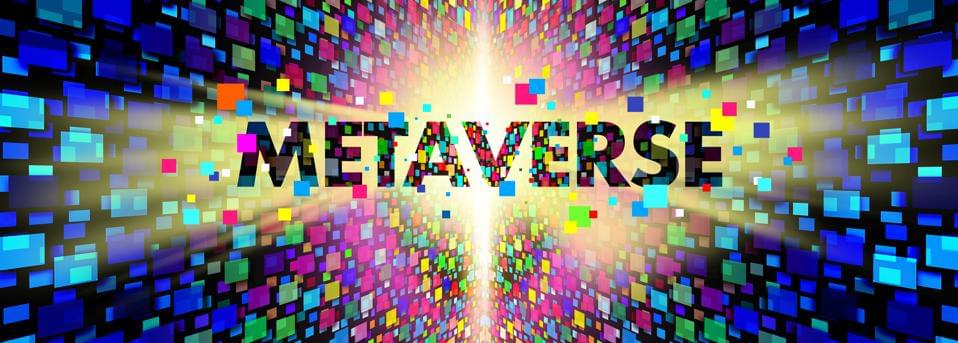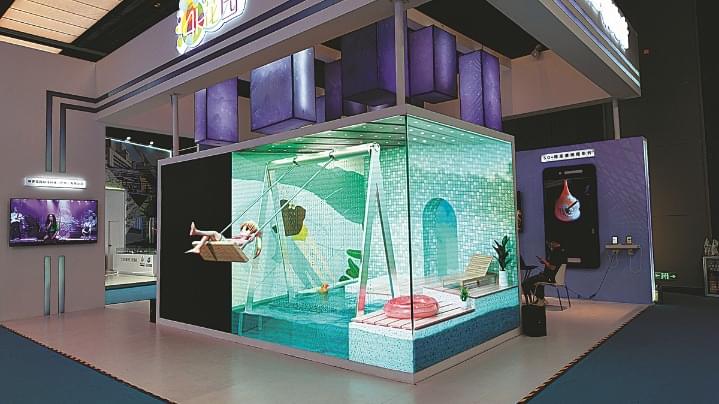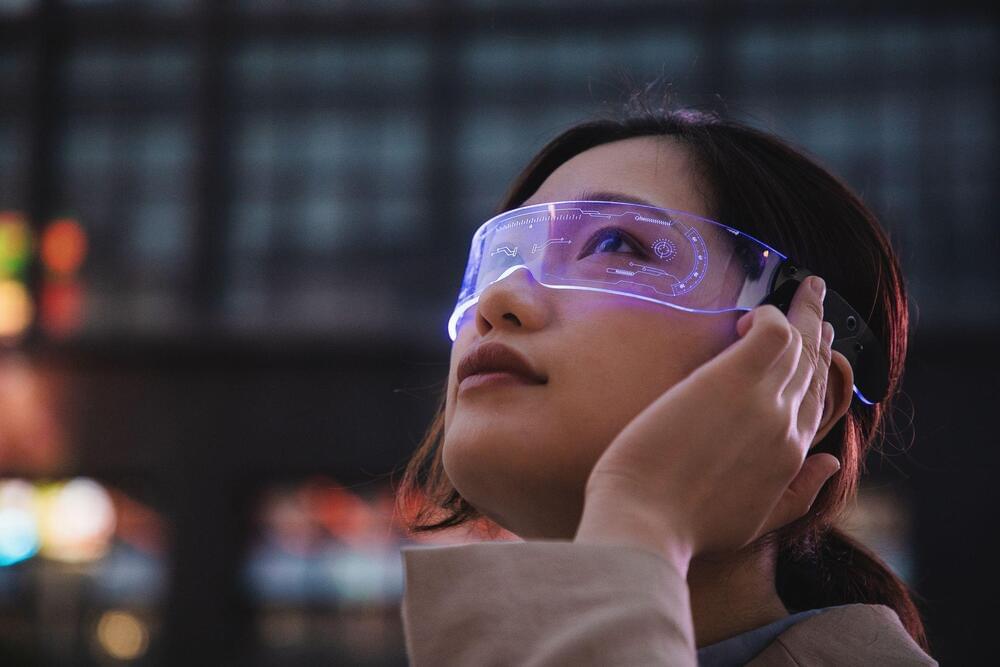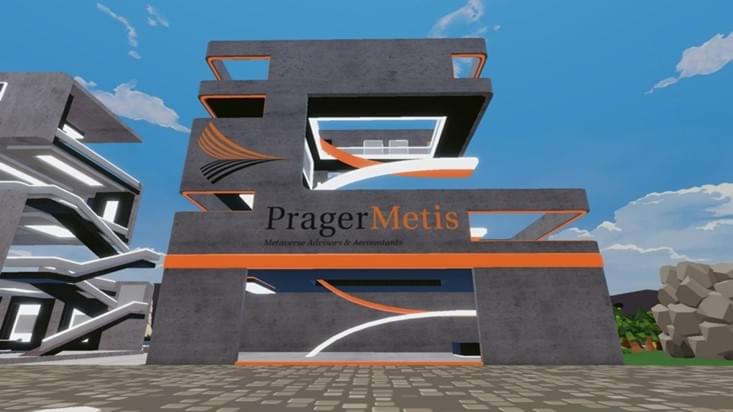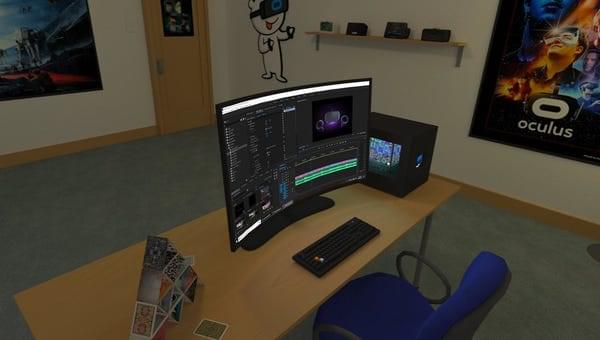The talk about metaverse really went ballistic after Facebook changed its corporate name to Meta and CEO Mark Zuckerberg’s keynote at the Facebook Connect event touted the metaverse as the social networking future. But most of the talk is not really about the true metaverse as envisioned in science fiction and first described in in Neal Stephenson’s 1992 cyberpunk science fiction novel Snow Crash. A true metaverse needs to be an interconnected “Internet” of virtual spaces that are open to many different companies, not a walled garden. It will take an open platform offering access to a shared virtual space to create the true metaverse. And it will also require a level of standardization and interoperability that doesn’t exist today.
In Snow Crash, the Metaverse was a phrase coined by as a successor to the Internet. It was a vision of how a virtual-reality-based Internet might evolve and was heavily influenced by early video games. This version of the metaverse resembles a persistent massive multiplayer online game (MMO). Players would have user-controlled avatars, and there were a social hierarchy, but there was pervasive access and a global scale.
The closest we came to open 3D interoperability was VRML (Virtual Reality Markup Language) back in the 1990s. The HTML approach to creating a metaverse using the VRML standard attempted to create a virtual 3D markup language that could be used to create and link 3D spaces together into one that you could access through a VRML browser. It failed.
